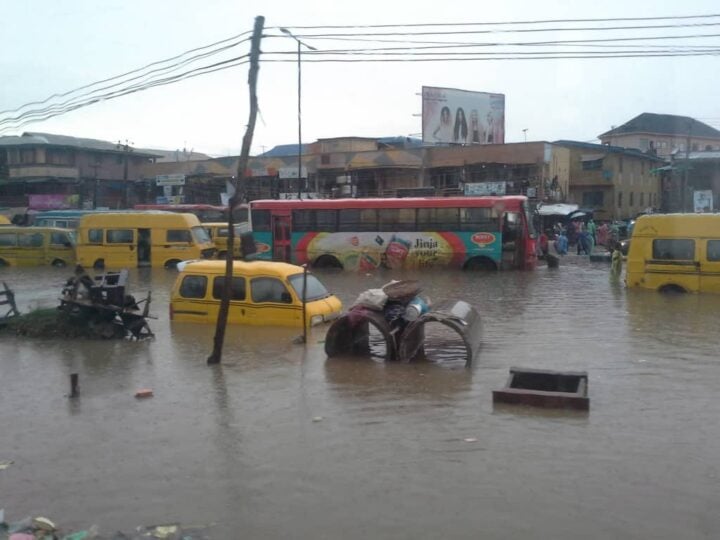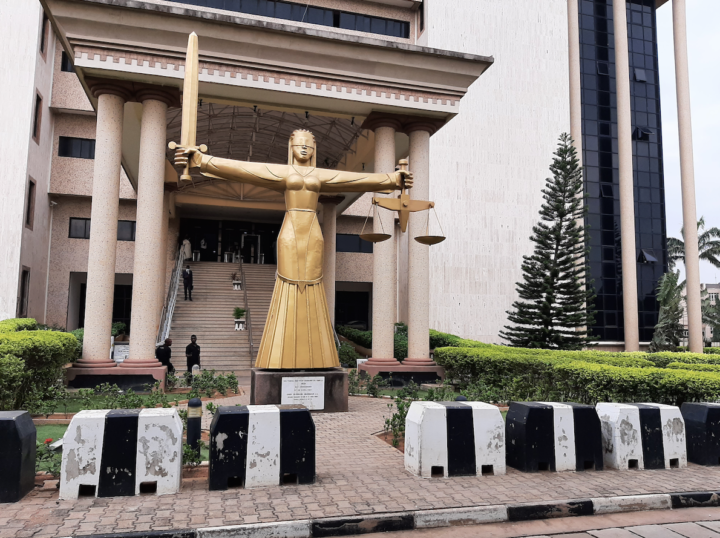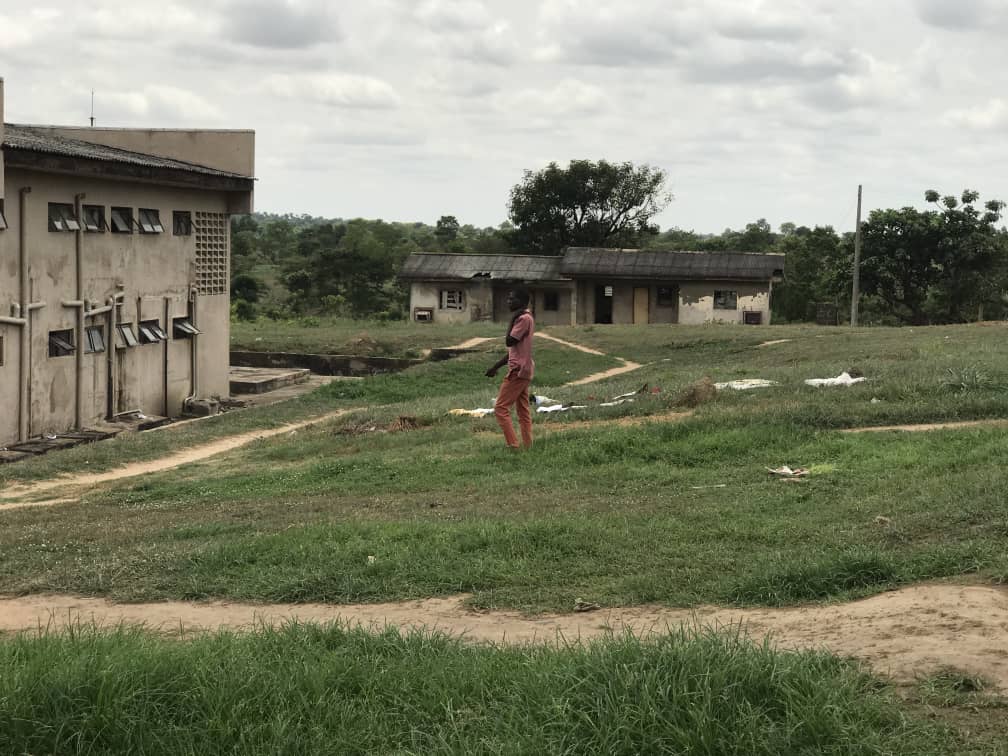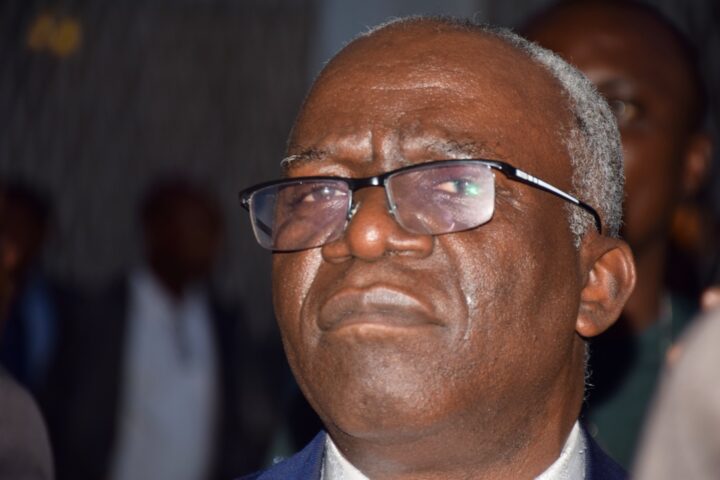Despite directly impacting our communities, health, and livelihood, climate-related reports usually take a back seat to dominant news beats like politics and business. Climate Watch aims to ensure you never miss important stories on climate change and actions being taken towards limiting its impact.
Here is a round-up of last week’s climate stories:
- A recent report by the United Nations International Children’s Emergency Fund (UNICEF) ranked Nigeria as the second-highest risk country where children are vulnerable and at risk to the impact of climate change. The report titled ‘Children’s Climate Risk Index’ showed that Central Africa Republic (CAR) ranked the highest risk out of 163 countries while Nigeria and Chad were second on the list. The report said Nigeria ranked low due to children’s high exposure to air pollution and coastal floods. As a form of solution, the report noted that investment in social services, particularly child health, nutrition and education, could help to reverse the trend, safeguard children’s future and provide better protection against climate change. Find out more here.
- Since the rainy season started, a week has not passed without sad stories about people losing their lives, houses, or property to flooding in different parts of the country. Over 2000 people were displaced in Adamawa last week. Also in Kano, 26 persons were killed and over 2000 houses were destroyed by flood. Mohammed Sulaiman, executive secretary, Adamawa State Emergency Management Agency (ADSEMA), mentioned the losses to include 227 houses, 300 farmlands, also 850 of the victims, and 161 houses were affected in Duhu district of Madagali LGA. He said between August 11 and 12, more than 150 farmlands and about 66 houses were destroyed by flood in Lababiri village, Shelleng LGA and the list goes on. Read here for more.
Advertisement
- Humans are said to have done the earth irreversible harm, as seen in the recent UN climate change report. If this statement is anything to go by, then governments need to take measures to protect the environment. This is why the Ogun state government, last week banned dredging and sand mining activities in the state owing to environmental degradation. Ola Oresanya, special adviser to Ogun state governor on environment, said the state needed to do what it did to stop the miners, as the level of degradation had affected the livelihood and well-being of inhabitants of communities across the state. He warned of prosecution awaiting anyone who flouts the order. Read more here.
- Since the president signed the Petroleum Industrial Act (PIA) on August 16, different stakeholders have not stopped airing their views concerning the Act. One of such groups is the Africa Network for Environment and Economic Justice (ANEEJ), an environmental rights group. They called on the federal government to adopt a bottom-up approach in the allocation of the three percent for host communities in order to avoid any form of conflict in the Niger Delta. David Ugolor, executive director, ANEEJ, said the three percent allocation should be done without inciting conflict in the oil-rich region and the government should ensure that oil majors do not take advantage of the law to undermine host oil communities’ rights. More on this here.
- At a time when humanity is at a tipping point to save the planet, nothing will be more valuable than building the climate resilience of people and communities to adapt to the changes in their environment. This is the reason, the United Nations Development Programme through its “Resilient Food Project” intends to empower 70 communities across seven Nigerian states with efficient cookstoves — stoves that emit less carbon into the atmosphere. Rhoda Dia, ‘Resilient Food Security Project’ manager, said beneficiaries from the selected communities will be trained on the use of energy-efficient stoves. According to Dia, the project aims to reduce deaths resulting from pollution, reduce deforestation, and also create an alternative means of livelihood for beneficiaries. You can find more details here.
Advertisement
- In the run-up to COP26, individuals and organisations are finding creative ways of approaching the COP in order to convince world leaders to take drastic measures against climate change. To add its quota, Creative Youth Community Development Initiative (CYCDI)-Solution17 for Climate Action and the United Nations Information Centre for Nigeria (UNIC) have called for applications from creative Nigerian youths under the age of 25 who are innovators, scientists, students, and entrepreneurs to design and implement solutions towards climate change adaptation in Nigeria. The project seeks such applications on climate adaptation through tech-driven sustainable businesses, climate-smart agriculture, eco-friendly growers, waste to wealth, food processing programme, food preservation and others. Foluke Michael, project director of CYCDI, Solution17 for Climate Action, said the project was designed to cushion the effects of the COVID-19 pandemic, prevent a climate crisis, and support green businesses. Read here to see how to apply.






